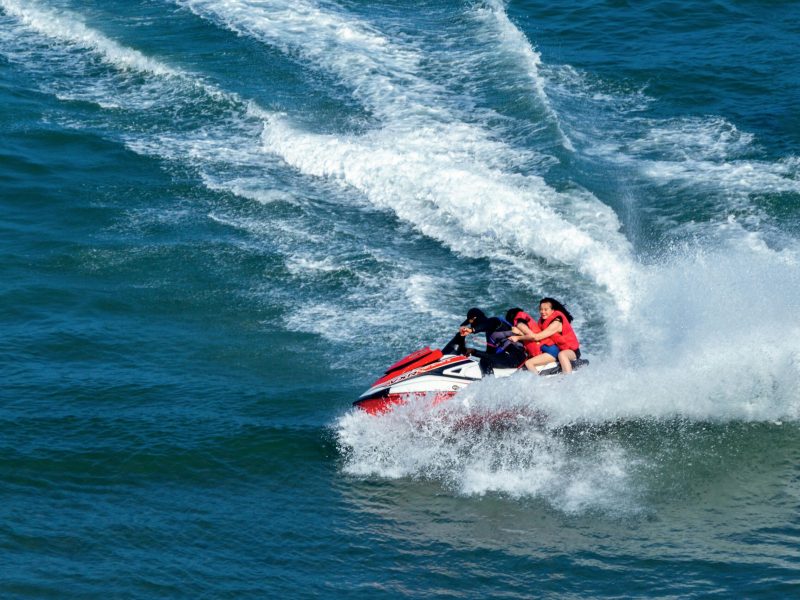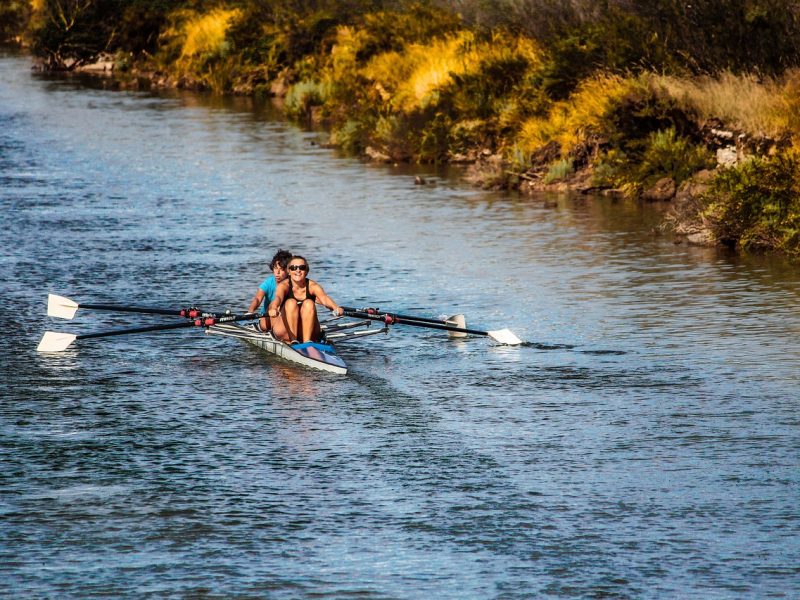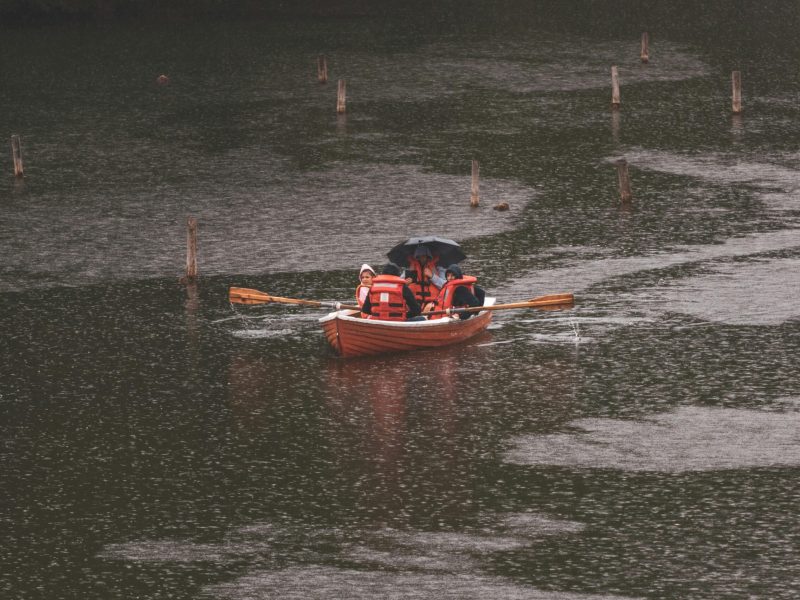
Stewards
As stewards of the water, boaters really should embrace eco-accommodating practices to safeguard marine environments and guarantee that people in the future can partake in similar encounters.
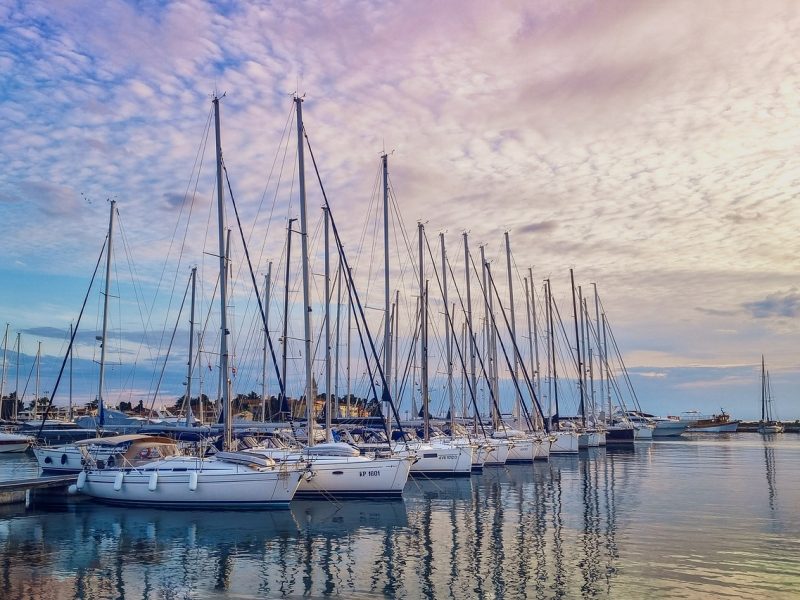
Exercises
Be that as it may, in the same way as other outside exercises, drifting can affect the climate. In this article, we'll investigate down to earth ways to diminish your ecological effect while sailing. Learn more details about kajakk .
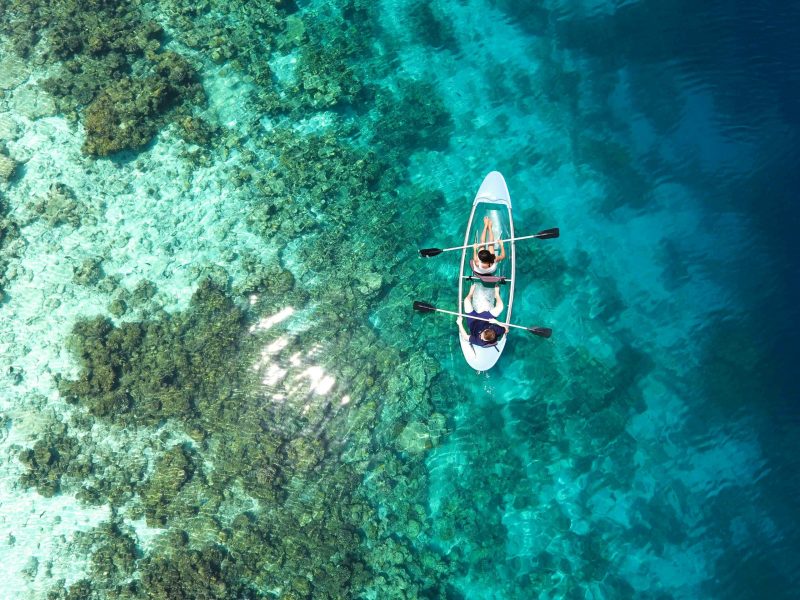
Wellsprings
One of the main wellsprings of natural effect in drifting is the motor. Customary two-cycle motors can deliver up to 30% of their fuel unburned into the water, adding to contamination.

